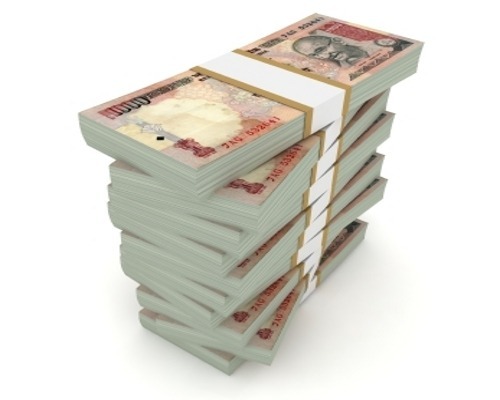Currency notes have vanished. Coins are to be found only in museums. Nobody talks about “returning the change” anymore. Devices have taken over day-to-day financial transactions.
Setting of a futuristic world in some sci-fi novel? If you’re nodding your head, you have been living under a rock. Because that setting is the present day. Cash has been deposited on the backburner. Cashless has taken over.
Or, has it?
Cashless transactions are a trend that has been redefining financial transactions and the very concept of “money”. With the emergence of a digital economic system that is globally prevalent, this new revolution has begun to be recognized as Diginomics, or Digital Economics.
Facilitated by this extensive development in information and communication technology, the concept is gaining popularity at a relatively quick pace in India.
Here are some unique ways cashless transactions are taking shape:
Virtual credit or debit card: Afraid of frauds and other security threats while using credit or debit cards online? This is where virtual credit cards come in. A virtual credit card (VCC) is a temporary add-on credit card that does not have any physical form. It is a one-time use card with a pre-loaded amount and a few months of validity.
Axis Bank, for instance, has launched their ‘e-Wallet Card’ for online payments. It is an electronic payment service that works like any credit or debit card for making online payments. Other Virtual Credit Cards offered by Indian banks are ICICI VCC, HDFC NetSafe, Kotak netc@rd, and the SBI – Virtual Card.
E – wallets: This is something pickpockets are not going to like. Advances in Diginomics have paved the way for the emergence of many third party organizations that offer digital means of bill payment, money transfer, etc in the form of e-wallets.
Paypal, Paytm and MobiKwik are some other market leaders in the cashless transaction system and are among the recent companies to be allowed by the Reserve Bank of India to offer their customers semi-closed prepaid wallets. These wallets allow customers to store money, and purchase goods and services offered through third party merchants.
HDFC Bank was the first bank to launch a digital wallet accepted for online transactions by various online merchants. Using the digital wallet, a customer can transact on most websites using only wallet credentials. The wallet meets RBI’s requirement of two-factor authentication but does away with the troublesome task of filling card details every time.
Mobile Wallets: We may forget to carry our wallets and lunchboxes, but not our mobile phones. Since it is readily accessible, mobile banking has become a boon to customers. Mobile wallets are an innovative addition to transactions through mobile networks – it allows customers to transfer funds from mobile to mobile, within same operator network using mobile airtime as currency.
Some of the recent trends in cashless society developments that are gaining popularity globally are: contactless payments, transactions through social networking, Pulse wallets with palm-scanning technology, wearable banking through Google Glass app, etc.
Two sides of the same note
PM Modi had pushed the envelope when it came to use of cashless banking to tackle the ogre of black money in our economy. Cashless banking not only takes on the menace of black money but also has other pluses.
Ease of use is one such plus. This is particularly true for mobile users since mobile banking provides real time transfer of funds between the customers of different banks virtually around the clock.
Also, cashless transactions are safer, more efficient and transparent. It is easy to track and a gradual shift to cashless banking also helps to bring down the cost of banking.
Turn over the note and you see the flipside. One major hurdle to adopting cashless transactions is merchant readiness and acceptance of such payment methods by agents, shops, and retail points of sale. Today, most vendors in India prefer direct cash transactions.
There is a digitally challenged section of our economy that is unaware of the cashless revolution gripping the rest of the world. Only when more end users adopt this technology will the cashless revolution reach all corners of our country.
